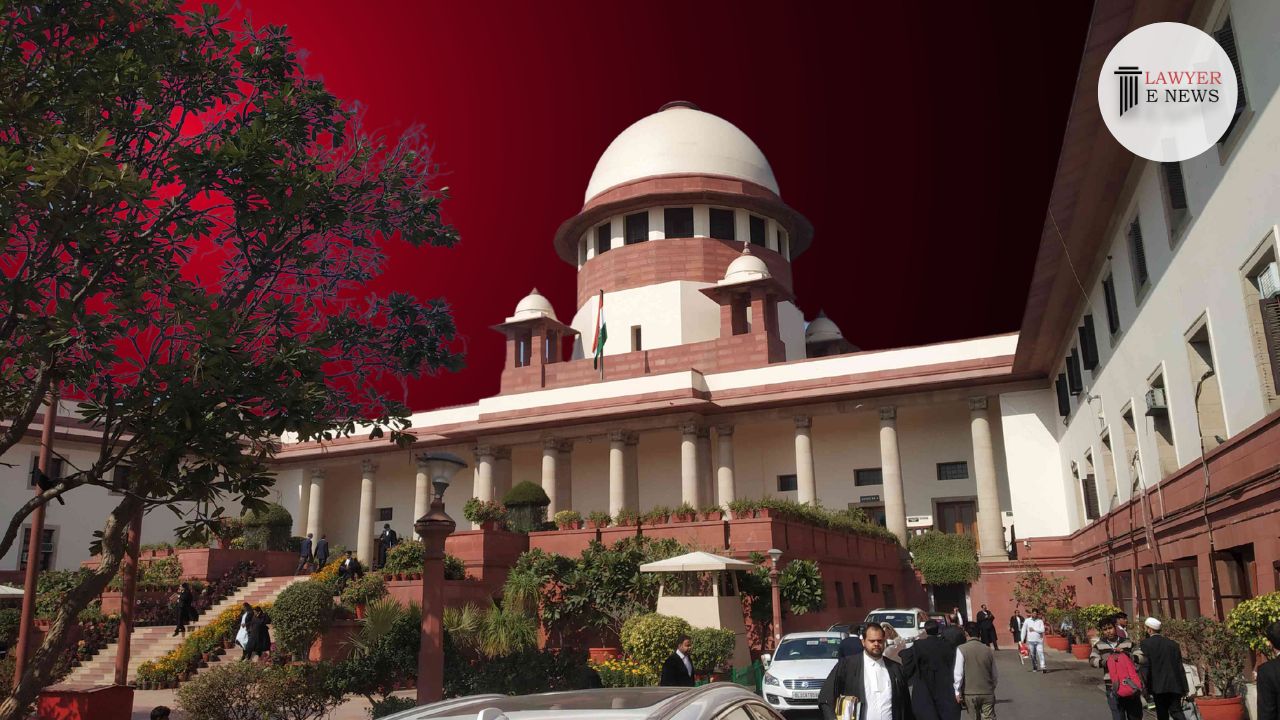-
by Admin
15 February 2026 5:35 AM



In a significant ruling, the Supreme Court of India has acquitted Jafar, an appellant in a dacoity case, underscoring the unreliability of witness identification in the absence of a formal identification parade. The Court, in its judgment, highlighted the flawed identification process employed by the police, leading to doubts about the validity of the witness’s testimony.
Legal Point of the Judgment: The main legal issue in this case revolved around the reliability of witness identification in criminal proceedings, particularly when such identification is made for the first time in court and without the benefit of an identification parade.
Facts and Issues: Jafar was convicted by the trial court and the High Court for dacoity under Section 397 read with Section 395 of the IPC. The prosecution’s case was based on the identification of Jafar by the key witness, a security guard who was on duty at the time of the incident. However, this identification was made without an official identification parade, which the Supreme Court found to be a significant procedural flaw.
Court Assessment: The Supreme Court scrutinized the manner of identification of the appellant by the key witness. Justice B.R. Gavai observed that the identification of Jafar by the witness was influenced by prior exposure arranged by the police, which cast doubt on its reliability. The Court also noted that the absence of a proper identification parade meant that the identification in court could not be considered free from doubt. Furthermore, the recovery of an iron rod, a common object, was not enough to establish Jafar’s involvement in the dacoity.
Decision: The Supreme Court, upon re-evaluating the evidence, particularly the process of identification, found it insufficient and doubtful. As a result, the Court set aside the judgments of the lower courts and acquitted Jafar of all charges.
Date of Decision: March 15, 2024.
Jafar vs. State of Kerala
